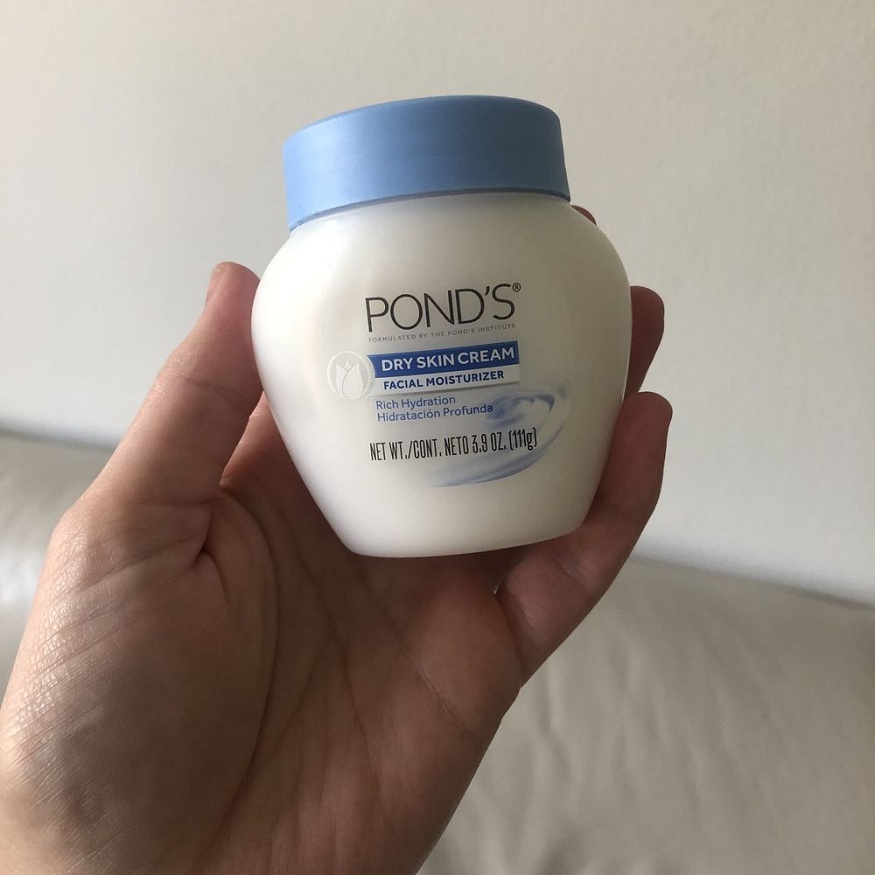Cold weather can be particularly challenging for your skin. The drop in temperature, lower humidity, and increased use of indoor heating can strip natural moisture from your skin, leading to dryness, flakiness, and irritation. However, with the right skincare routine and some practical tips, you can protect and nourish your skin throughout the colder days of the winter season.
Here’s how to care for dry skin in cold weather:
- Switch to a Gentle, Hydrating Cleanser
Cleansing your skin is essential, but during the colder months, it’s important to use a cleanser that doesn’t strip away natural oils. Choose a hydrating, gentle cleanser that helps maintain the skin’s moisture balance without causing dryness.
What to Look For:
- Hydrating ingredients like glycerin, aloe vera, or hyaluronic acid.
- Avoid cleansers with alcohol or harsh surfactants that can dry out your skin.
Pro Tip: Use lukewarm water to cleanse your face, as hot water can further dehydrate your skin.
- Use a Rich Moisturiser
Moisturising is crucial during winter to combat dry skin. Choose a thicker, moisturiser for dry skin that offers long-lasting hydration. Look for moisturisers with ingredients that help lock in moisture and repair the skin’s barrier.
Key Ingredients to Look For:
- Ceramides, shea butter, or squalane to restore and protect the skin’s moisture barrier.
- Hyaluronic acid to attract moisture into the skin.
Pro Tip: Apply moisturiser immediately after cleansing while your skin is still slightly damp to help seal in moisture.
Consider adding POND’S Face Cream to your winter skincare routine for added hydration and nourishment, keeping your skin soft and smooth throughout the day.
- Exfoliate Gently
Exfoliating helps remove dead skin cells that can make your skin look dull and flaky. However, in cold weather, it’s important to exfoliate gently, as harsh exfoliants can irritate and dry out your skin.
What to Use:
- Consider using skincare products containing mild chemical exfoliants like lactic acid or glycolic acid that won’t strip the skin’s natural oils.
- Avoid physical scrubs with large, rough particles.
Pro Tip: Exfoliate once a week to maintain a smooth complexion without irritating your skin.
- Hydrate from the Inside Out
Staying hydrated isn’t just about applying products to your skin, it’s also about drinking plenty of water. In the winter, the cold air can leave your body dehydrated, so make sure to increase your water intake.
Hydrating Foods to Include in Your Diet:
- Citrus fruits, cucumbers, and water-rich vegetables.
- Omega-3-rich foods like fatty fish (salmon, mackerel) and flaxseeds.
Pro Tip: Limit alcohol and caffeinated beverages, as they can dehydrate your skin.
- Use a Humidifier
Indoor heating systems can dry out the air inside your home, contributing to skin dryness. A humidifier helps restore moisture in the air, which can keep your skin hydrated and prevent it from becoming dry and irritated.
Pro Tip: Place a humidifier in your bedroom while you sleep to help maintain skin hydration overnight.
- Don’t Skip Sunscreen
Many people forget about sunscreen in the winter, but UV rays can still damage your skin even when it’s cloudy or snowy. Sunscreen helps protect your skin from the harmful effects of UV rays, sun damage and prevents further dryness and premature ageing.
What to Look For:
- A broad-spectrum sunscreen with a minimum of SPF 30 and active ingredients like Hyaluronic Acid that provides deep hydration and nourishment.
Pro Tip: Apply sunscreen every morning, even on overcast days, and reapply if you’re outdoors for extended periods.
- Wear Protective Clothing
Cold winds and freezing temperatures can wreak havoc on exposed skin. Protect your skin by wearing gloves, scarves, and hats when you’re outside. This is especially important for sensitive areas like your hands, lips, and face.
Pro Tip: Apply an intensely hydrating cream on your hands, arms, and other rest of the body before putting on gloves or scarves to keep your skin nourished and protected. Don’t forget to apply lip balm to avoid unwanted dry or chapped lips.
- Use Overnight Hydrating Masks
To boost hydration, consider using an overnight hydrating mask or nourishing oil. These products are designed to deeply hydrate and repair the skin while you sleep.
What to Look For:
- Overnight masks with ingredients like hyaluronic acid, glycerin, or natural oils like argan or rosehip oil.
Pro Tip: Apply an overnight mask once a week for a deep hydration treatment.
Conclusion
Caring for dry skin in cold weather requires extra attention and a few adjustments to your skincare routine. By switching to hydrating cleansers, using richer moisturisers, and protecting your skin from the cold, you can maintain healthy, glowing skin all winter long. Remember to stay hydrated, exfoliate gently, and incorporate products that support your skin’s barrier to prevent dryness and irritation. With consistent care, you’ll be able to keep your skin soft and nourished, no matter how cold it gets outside.

